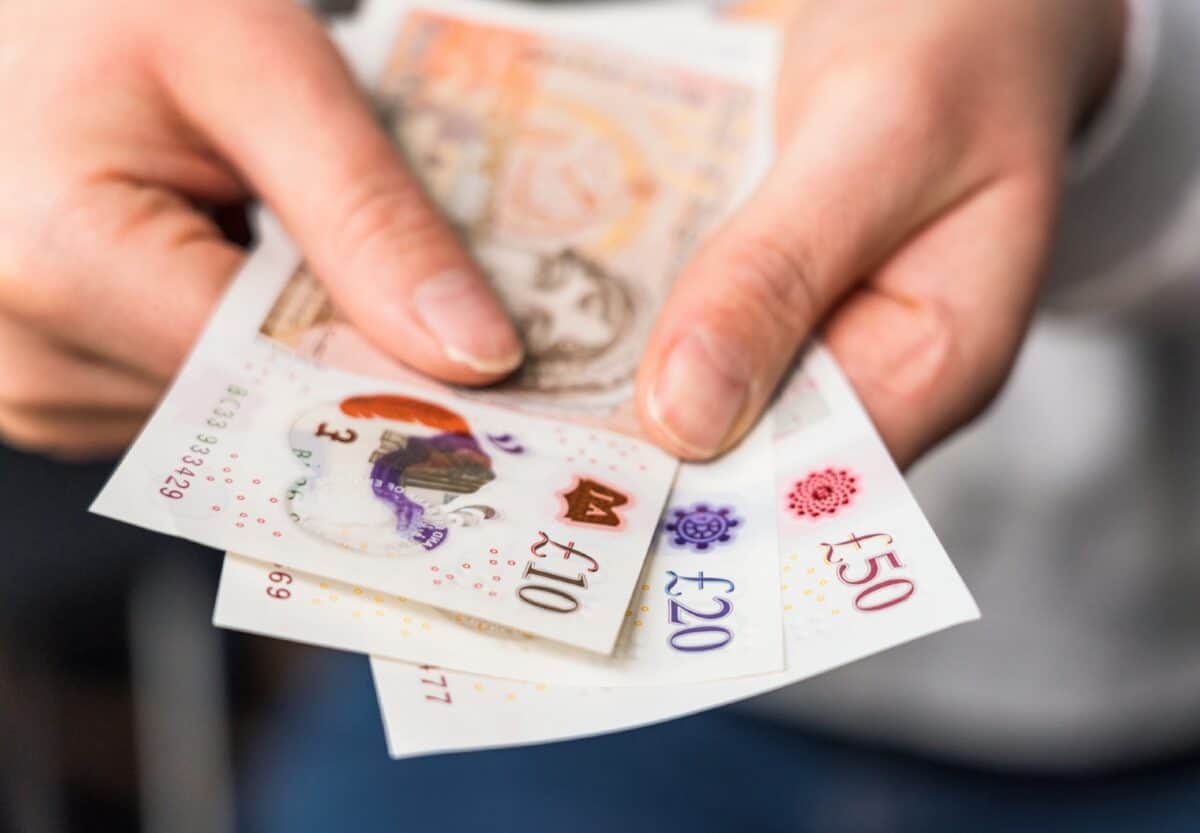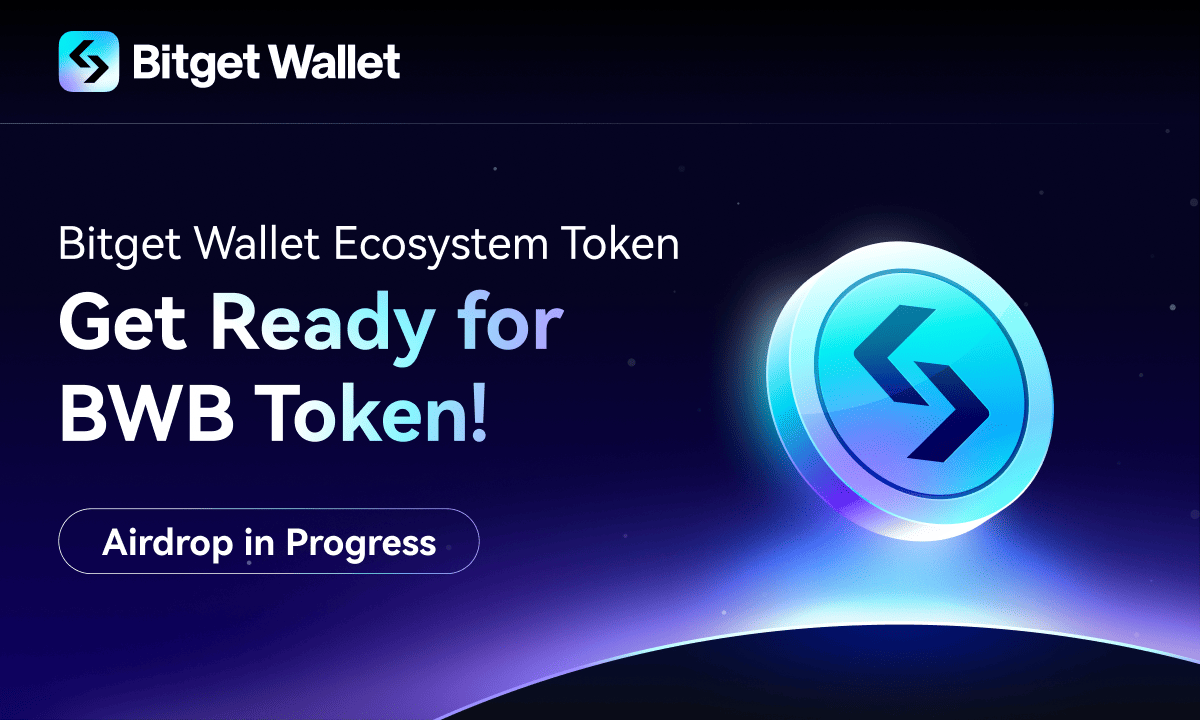Image source: Getty Images
I’m already a shareholder of international bank HSBC (LSE: HSBA). But I want to keep growing my second income and see it as the ideal candidate.
I’ve put a large emphasis on buying dividend shares in the last few years. One reason is I want to start building passive income streams as early as possible. Buying income stocks is the easiest way to do it.
I think generating passive income is smart. With the money I receive, I can reinvest it into buying more shares to benefit from ‘dividend compounding’. Or I can simply take the money and use it to fund my lifestyle.
I first purchased shares in HSBC earlier this year. However, I’m keen to increase my exposure. Here are two reasons why.
A growing dividend
There are a few signs I look out for when buying companies. The first of them is a growing dividend. HSBC ticks that box.
Last year, it upped its total payout to 61 cents per share, a rise on the 31 cents it rewarded shareholders for 2022. Based on its current share price of around £5.98, that translates to a yield of 8%.
Dividends are never guaranteed. However, the bank has emphasised returning value in the last few years, which fills me with confidence. For example, in 2023, it completed $7bn worth of share buybacks. This year it’s already got the ball rolling by announcing a fresh scheme worth up to $2bn.
To go alongside that, I also like to get good value for money. There are a few ways I can measure this, one being the price-to-earnings (P/E) ratio. HSBC trades on a trailing P/E ratio of 6.6. The FTSE 100 average is 10.5, which signals the stock may be undervalued.
Asian exposure
The other reason I like HSBC is I’ve recently been looking to gain exposure to Asia.
There’s plenty of uncertainty surrounding the region, due in part to issues such as China’s property market crisis, which has directly impacted HSBC. It’s also down to its strained relationship with the West. While that’s seen some businesses take a hit, I see it as a smart time for me to swoop in.
HSBC generates a large chunk of its revenues from the region. In the years to come, I’m optimistic the business will prosper as a result. Take India as an example. Its economy is set to expand by 6% this year. What’s more, the firm predicts foreign direct investment to surpass $55bn in the next couple of years.
The threats
But with my exposure to Asia, I’m expecting some volatility. China’s property crisis could worsen. Last year, there was a $3bn writedown in HSBC’s stake in China’s Bank of Communications. I also mentioned the tense relationship between the West and China. This could worsen should Donald Trump be elected as US president later this year.
There are other concerns too. For example, falling interest rates will squeeze margins.
In it for the long haul
But even so, I like HSBC as a long-term play. Its exposure to growing economies such as China and India should help boost profits. Higher profits, in turn, should mean greater rewards for shareholders.
I’ll be buying more shares in the weeks to come with any investable cash.
Credit: Source link














